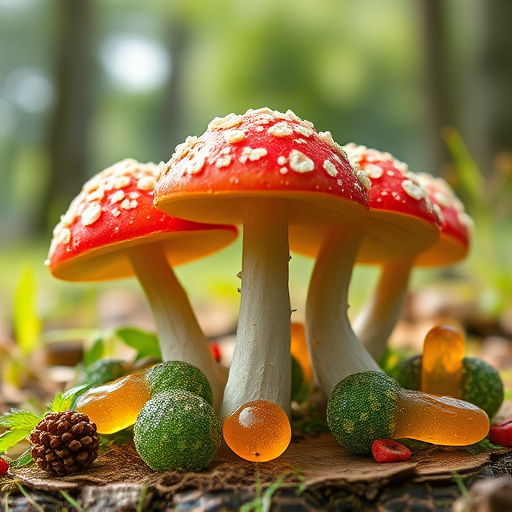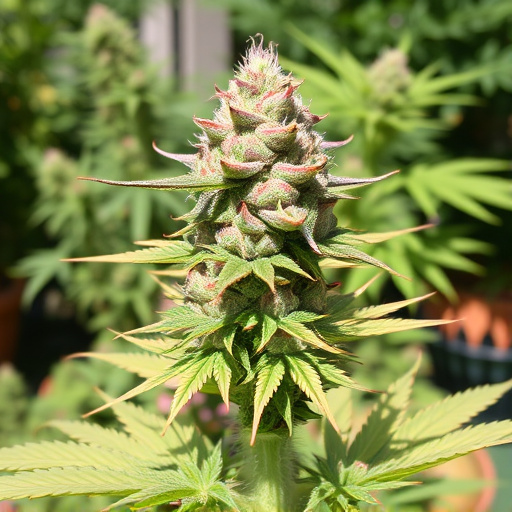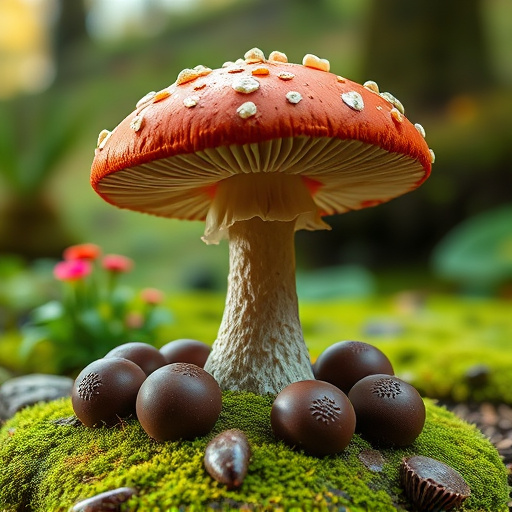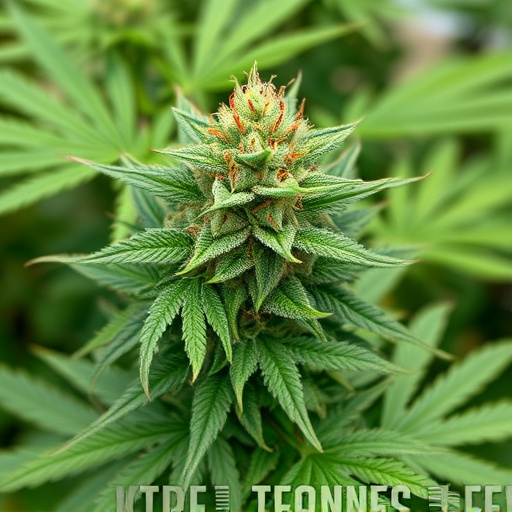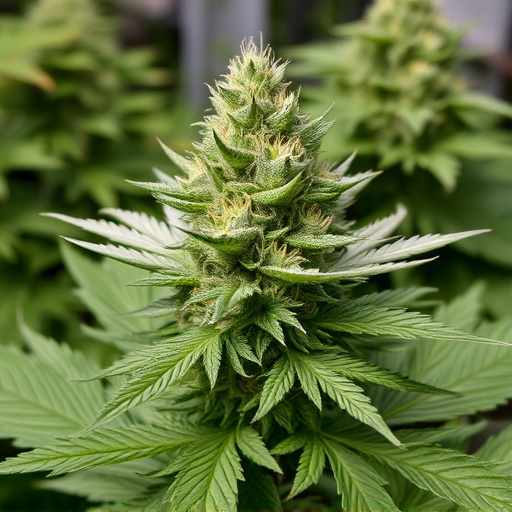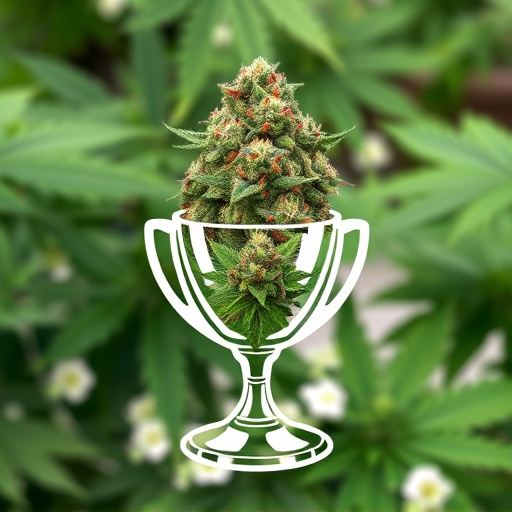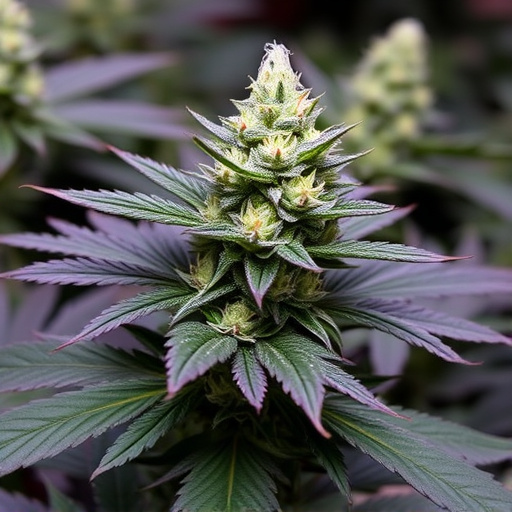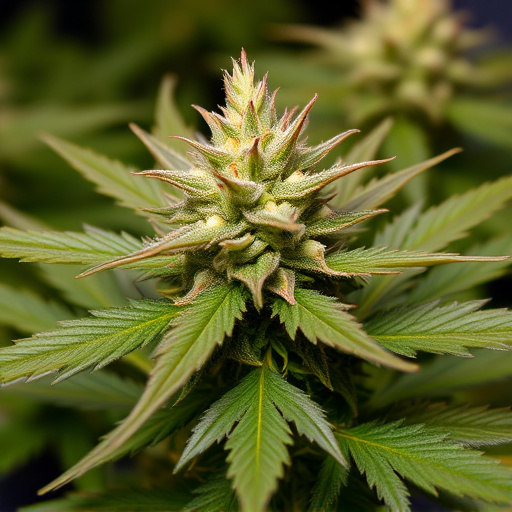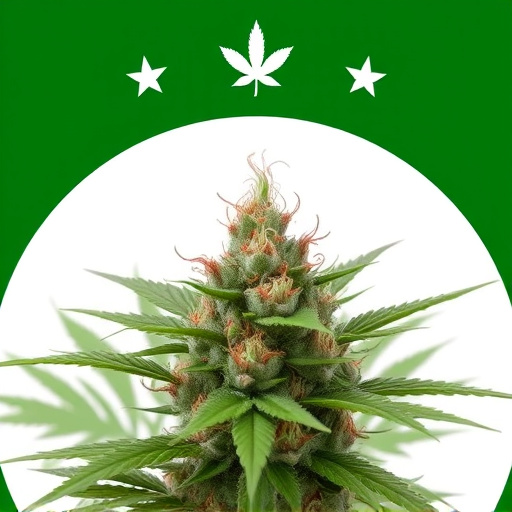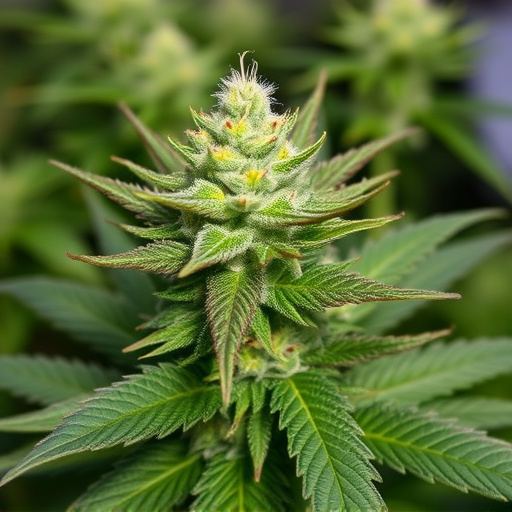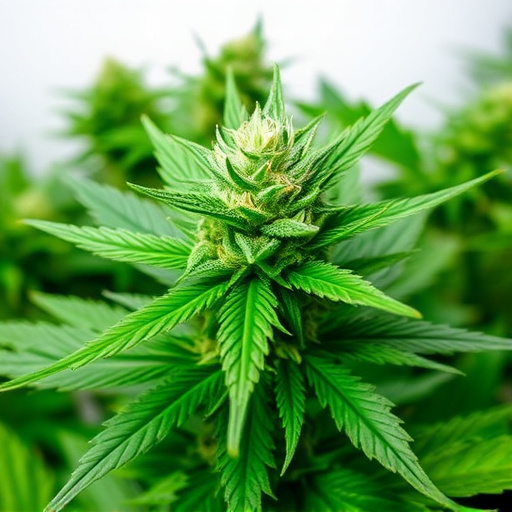Cannabis' unique effects and potency stem from its complex chemistry, involving terpenes and cannabinoids. Terpenes influence experiences and vary among cannabis cup winning strains, offering relaxation or energy. Diet's impact on cannabis potency is debated; while nutrients support plant health, little evidence supports diet as a significant potency enhancer. True strength lies in genetics and cultivation, so consumers should prioritize high-quality, properly cultivated cannabis cup winning strains for authentic experiences.
“Unraveling the debate, does what you eat influence the potency of cannabis? This article delves into the intriguing connection between diet and the strength of weed, specifically exploring popular myths. We dissect the role of terpenes and cannabinoids in understanding cannabis chemistry. Furthermore, we examine if nutritional intake can impact the overall experience of cannabis cup winning strains. Get ready to explore evidence-based insights that challenge conventional beliefs.”
- Understanding Cannabis Chemistry: The Role of Terpenes and Cannabinoids
- Nutritional Impact: Can Diet Affect Cannabis Potency?
- Exploring Popular Myth: Do Certain Foods Enhance Weed Strength? Evidence and Alternatives
Understanding Cannabis Chemistry: The Role of Terpenes and Cannabinoids
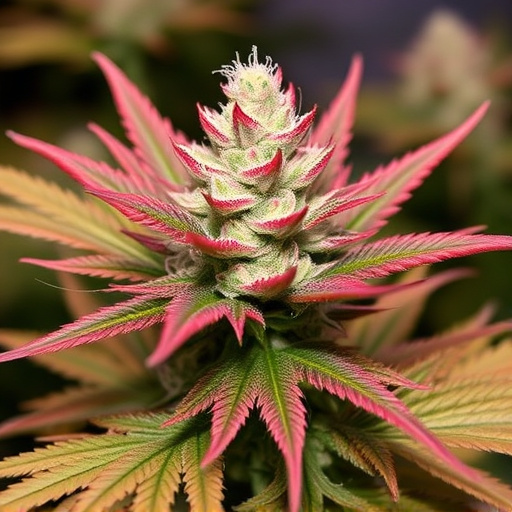
Cannabis, or marijuana, is a complex plant with an intricate chemistry that contributes to its unique effects and potency. At the heart of this are terpenes and cannabinoids—two key compounds that play a significant role in shaping the plant’s properties. Terpenes, aromatic compounds responsible for the distinct flavors and aromas of cannabis strains, also interact with the body’s endocannabinoid system, influencing the overall experience and potential therapeutic benefits. These natural chemicals can enhance or alter the effects of cannabinoids, such as THC (tetrahydrocannabinol) and CBD (cannabidiol), which are renowned for their psychological and physiological impacts.
Among the various cannabis cup winning strains, the diversity in terpene profiles contributes to a wide range of effects. For instance, strains high in myrcene are known for their sedative properties, often inducing relaxation and sleepiness, while those with high limonene levels may provide uplifting and energizing effects. Understanding these chemical interactions is crucial for consumers looking to enhance or customize their cannabis experience.
Nutritional Impact: Can Diet Affect Cannabis Potency?
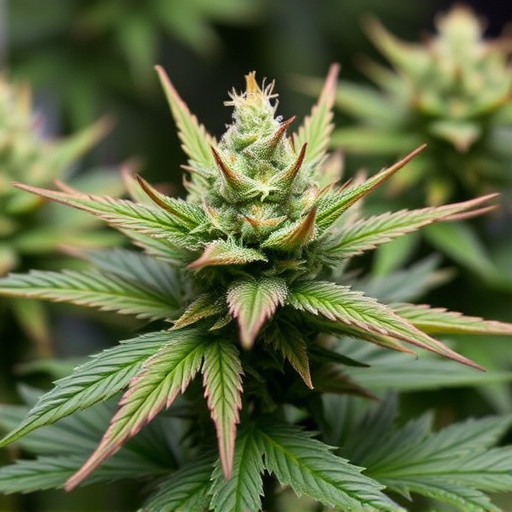
The relationship between diet and cannabis potency is an intriguing aspect often overlooked in discussions about recreational or medicinal use. While the primary focus tends to be on the plant’s chemical composition, the nutrition in what we eat could potentially enhance or alter the effects of cannabis. Certain dietary choices might even contribute to cultivating stronger cannabis cup winning strains.
Nutrients play a vital role in plant growth and development, and cannabis plants are no exception. A well-balanced diet for cannabis cultivation can lead to healthier, more robust plants that produce higher levels of cannabinoids, such as THC and CBD. For example, an increased intake of essential amino acids, vitamins, and minerals can boost the overall health of the plant, indirectly affecting the concentration of these compounds in the final product. This nutritional impact could, in turn, result in a more potent cannabis experience for users.
Exploring Popular Myth: Do Certain Foods Enhance Weed Strength? Evidence and Alternatives
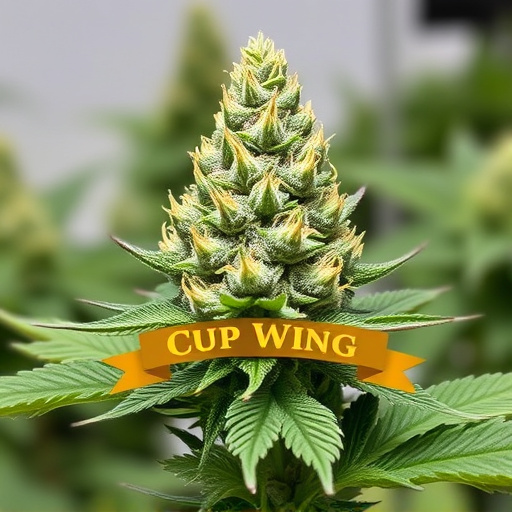
Many cannabis enthusiasts and even some online forums claim that consuming specific foods can enhance the potency of weed. This popular myth suggests that certain nutritional choices can transform a mediocre strain into a potent “cannabis cup winning” variety. However, there is little scientific evidence to support these claims.
The idea that food can alter cannabis strength stems from the fact that some edibles contain compounds known to interact with cannabinoids in the plant. For instance, turmeric, known for its anti-inflammatory properties, contains curcumin which may potentially increase the bioavailability of THC. But while consuming these foods might offer additional health benefits, they are unlikely to dramatically enhance the overall potency of cannabis. True potency is primarily determined by genetics and cultivation practices, not what’s on your plate. Instead of relying on folklore, consumers should focus on sourcing high-quality strains cultivated with care to experience the full potential of cannabis without artificial amplifications.
While there’s no scientific evidence that specific foods directly strengthen cannabis, understanding the chemistry of terpenes and cannabinoids in different strains, like those found in renowned cannabis cup winning varieties, is key. A balanced diet can optimize your body’s interaction with these compounds, potentially enhancing their effects. However, rather than relying on folklore remedies, consulting with a healthcare professional or cannabis expert for personalized advice remains the best approach to maximizing your experience and ensuring safety.

